Below is an article by Mr. Yaron Mayer, Ambassador of Israel to Vietnam:
Crises linked to climate change and water scarcity pose major global challenges. As the climate crisis exacerbates water scarcity, unsustainable water use practices release greenhouse gases, creating a dangerous cycle.
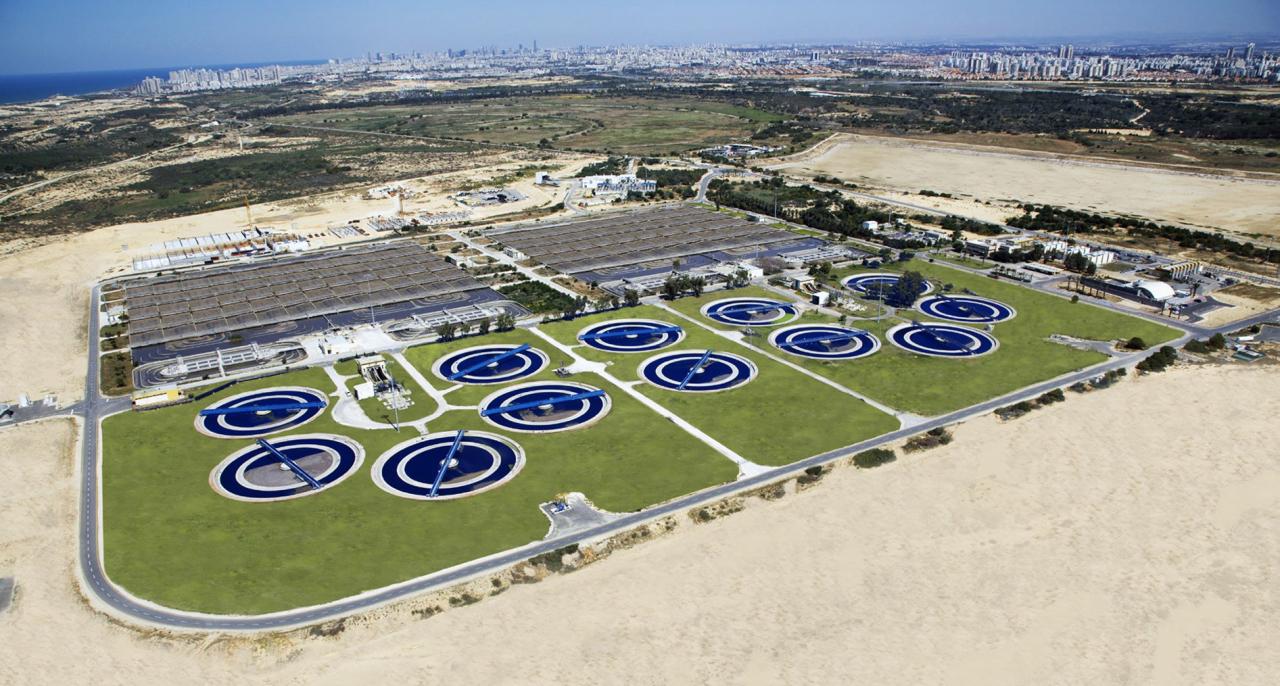
Israel, faced with water challenges due to its arid climate, has developed a circular water economy model that not only addresses water needs but also effectively reduces greenhouse gas emissions.
Israel 's water challenges stem from its largely arid environment, with about 60% of the country being desert or semi-desert. Despite limited water resources, Israel has maintained a productive agricultural sector. Israel supplies enough water for its growing population, and about 100 million cubic meters per year to Jordan and another 100 million cubic meters per year to the Palestinian Authority.
Desalination is Israel's main source of water, with the majority of its freshwater currently drawn from the Mediterranean. By 2030, Israel plans to treat an additional 300 million cubic meters of water per year, reducing its dependence on natural water sources. While the initial desalination process relies on energy-intensive processes, Israel plans to gradually transition to renewable energy sources to operate its desalination plants, thereby reducing the greenhouse gas emissions associated with the process.
Furthermore, Israel’s recycled water economy has an important component: wastewater treatment. Almost all wastewater in Israel is treated and reused, primarily for agricultural irrigation. By cleaning wastewater and using it for irrigation, Israel not only conserves water but also prevents environmental pollution, thereby reducing greenhouse gas emissions from untreated wastewater.
Agriculture, a significant consumer of water resources worldwide , plays a key role in Israel's circular water economy. Nearly 90% of domestic wastewater is reused for irrigation, setting a world record for water reuse. Israel's drip irrigation technology, developed since the 1960s, significantly reduces water use in agriculture while increasing crop yields. In addition, Israel continuously develops drought-resistant crops and efficient irrigation methods to further conserve water resources and reduce greenhouse gas emissions in agriculture.
Israel's success in water management is underpinned by policies aimed at preventing water loss and promoting water conservation. Advanced technologies are deployed to reduce leakage and accurately monitor water consumption, ensuring efficient water use across sectors. Public awareness campaigns continue to promote water conservation practices, contributing to a reduction in per capita water consumption in Israel.
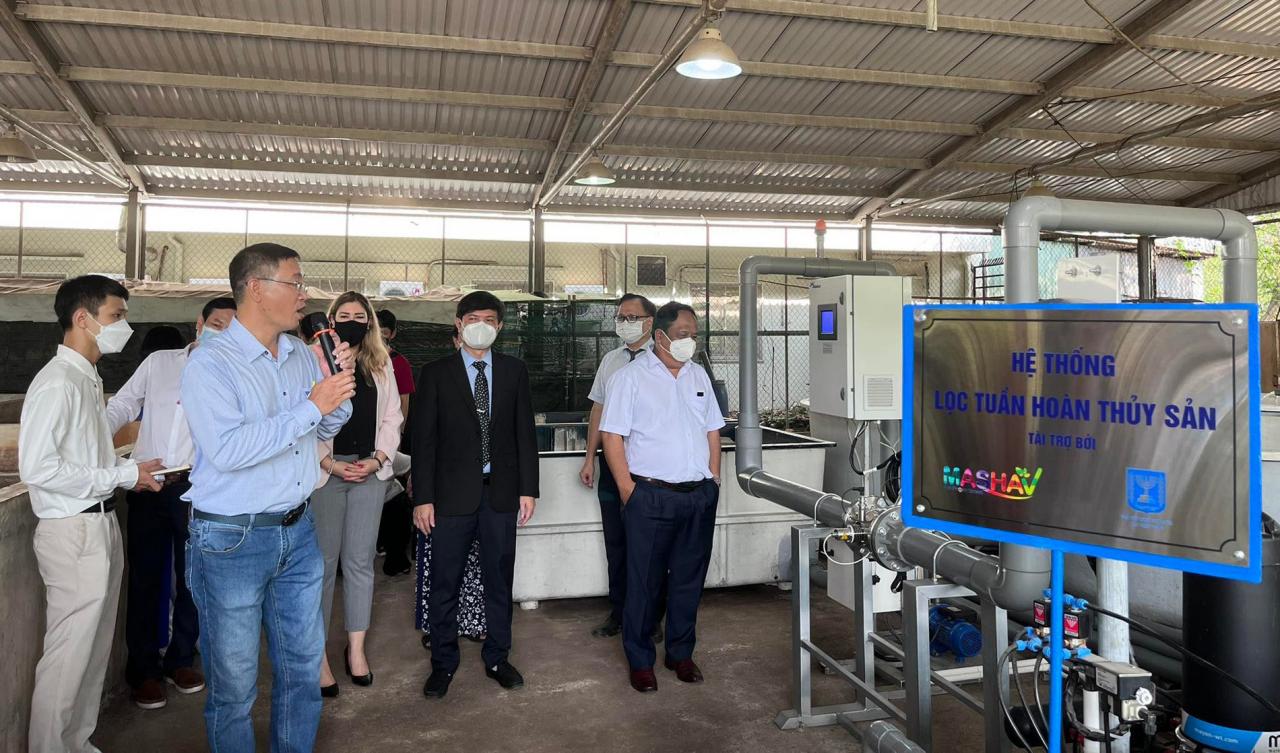
Furthermore, Israel's unified water system ensures equitable water distribution and reinvests profits into infrastructure and system management, maintaining high efficiency and minimizing water loss. Pricing policies reflect the actual cost of water without government subsidies, creating incentives for responsible water use and further minimizing waste.
Israel’s recycled water economy model proposes a comprehensive approach to water management that effectively reduces greenhouse gas emissions while ensuring water security. By adopting elements of Israel’s water strategy, other regions can mitigate the impacts of the climate crisis on water resources and build resilience to water shortages. Cooperation and knowledge sharing between countries are essential to effectively address global water challenges and combat climate change.
In this regard, with support from MASHAV, the Israel Agency for International Development Cooperation, Israeli technological advances, such as drip irrigation and water purification systems, have been introduced to a number of Vietnamese educational institutions for teaching and scientific research purposes. This cooperation extends beyond academia, as Israeli drip irrigation technology is put into practical use on many farms across Vietnam, playing an important role in water conservation efforts and significantly reducing waste while increasing agricultural productivity.
The two countries are also actively engaged in cooperative efforts focused on the circular economy and green development initiatives. In Vietnam, Israel has joined the Vietnam Circular Economy Hub, underscoring their shared commitment to sustainable development.
Israeli experts, such as Ambassador Gideon Behar, Israel's Special Envoy for Climate Change and Sustainability, and expert Gil Shaki, have participated in high-level dialogues in Vietnam, sharing Israel's expertise in wastewater treatment, climate innovation and green energy with stakeholders in Vietnam.
In short, Israel’s water sector holds great promise in the fight against climate change and water scarcity. The circular water economy model offers lessons and inspiration for sustainable water management around the world. As the world faces the dual challenges of climate change and water scarcity, Israel’s experience offers a roadmap for a more sustainable and resilient future for all.
I would like to thank Ambassador Gideon Behar, Israel's Special Envoy for Climate Change and Sustainability, Ministry of Foreign Affairs of Israel, and Mr. Ravid Levy, Senior Director, Israel Water Innovation Community, for their valuable contributions to this article.
At the United Nations Summit on Environment and Development held in Rio de Janeiro, Brazil from June 3-14, 1992, the United Nations issued a Resolution to designate March 22 of each year as World Water Day and it has been held annually since 1993.
World Water Day was born with the aim of directing people around the world to save and protect water resources, encouraging people to raise awareness of the value of water in people's daily lives as well as protecting the precious habitat of many species living together on Earth.
Yaron Mayer - Ambassador of Israel to Vietnam
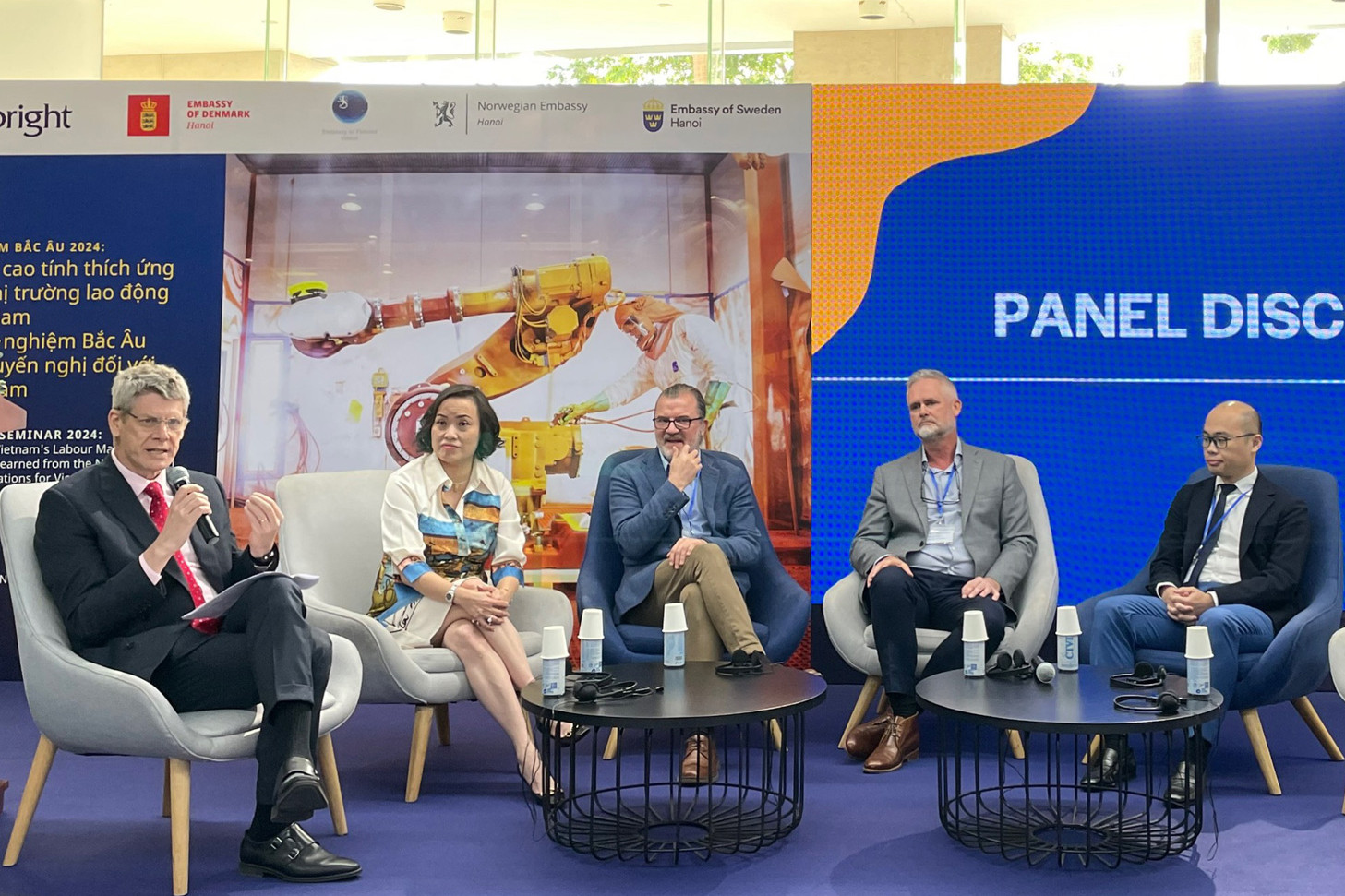
Source



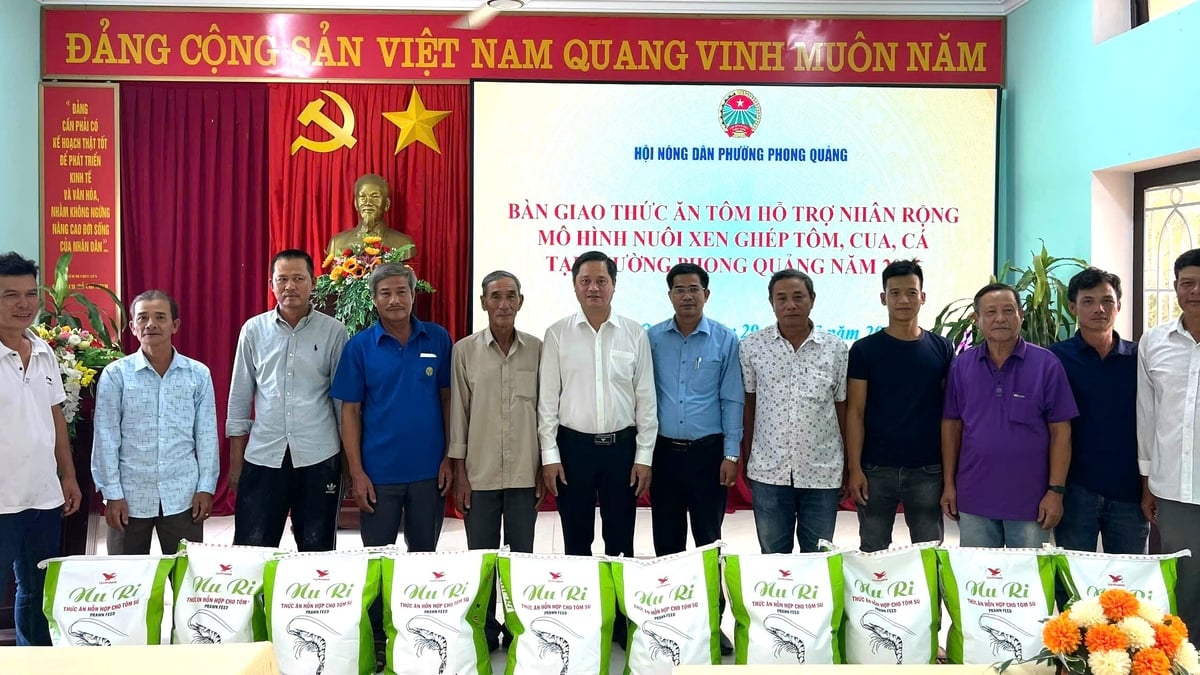

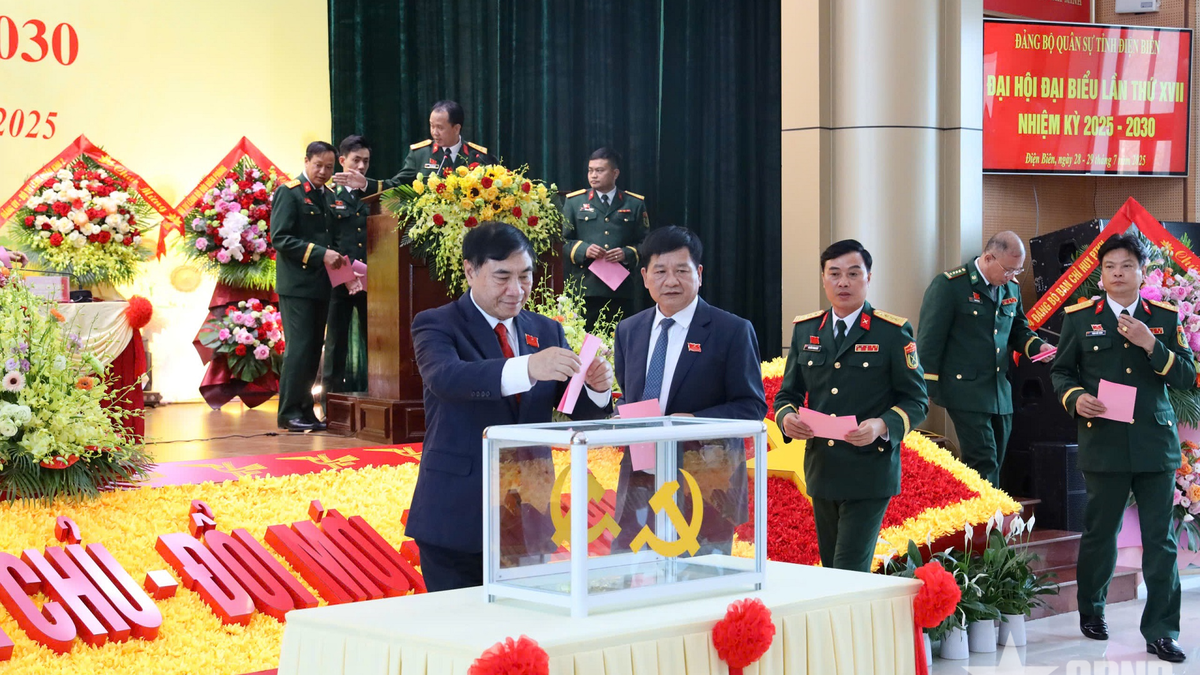
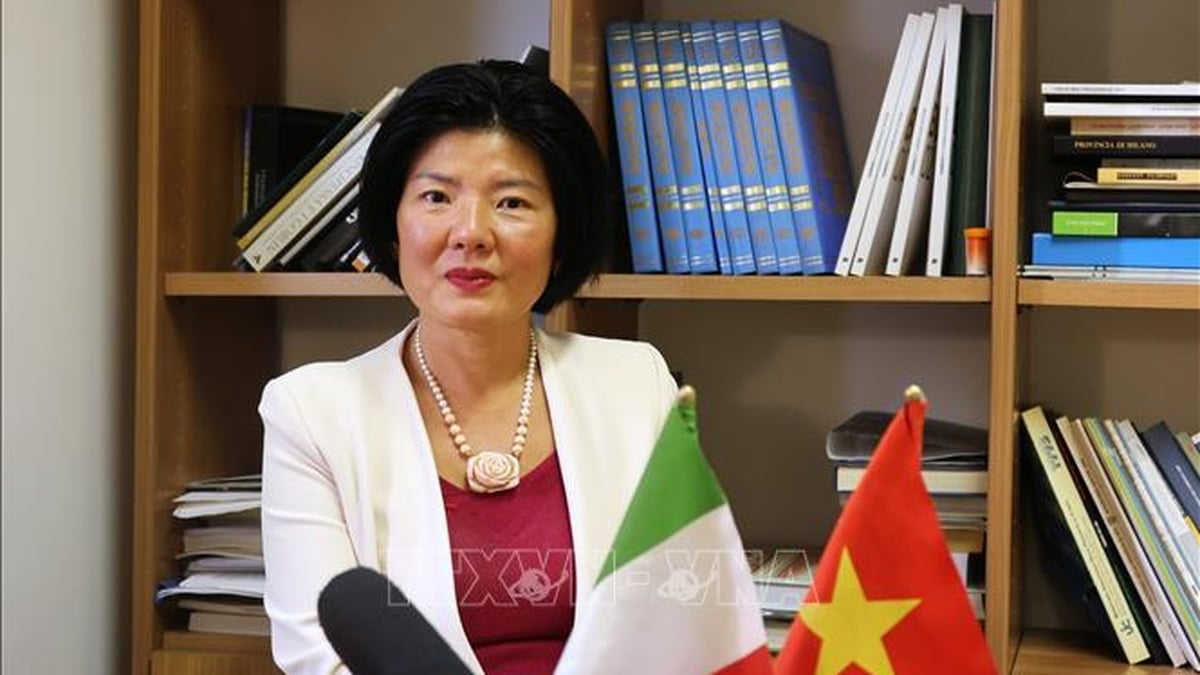
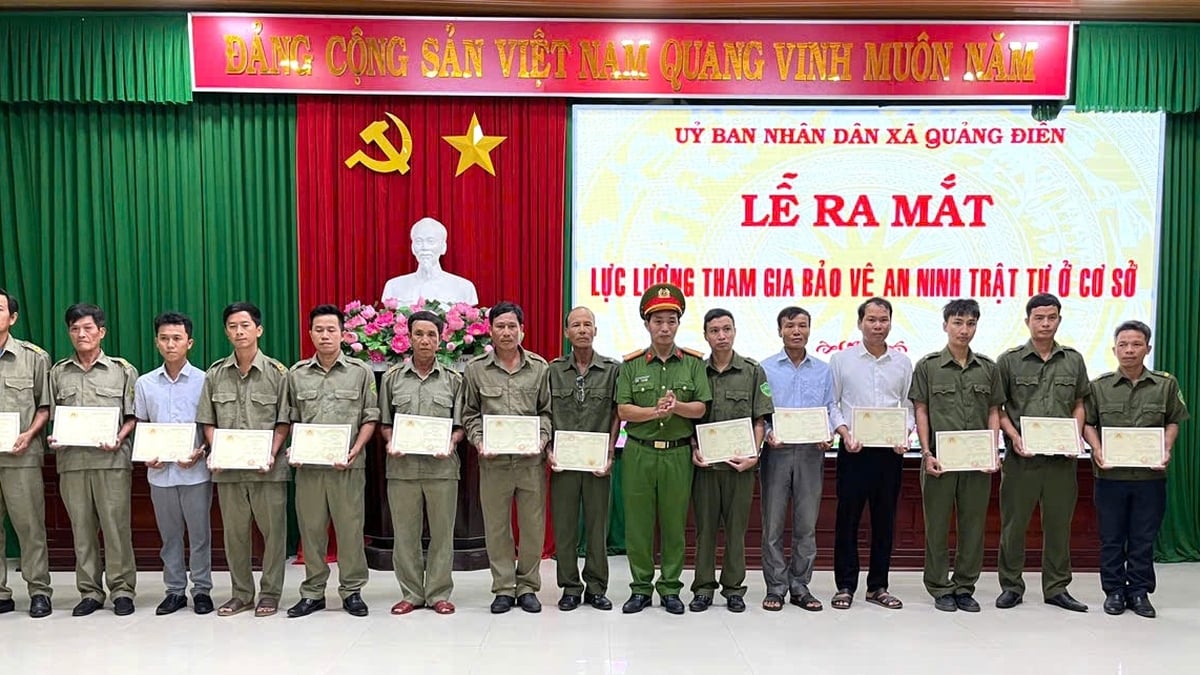

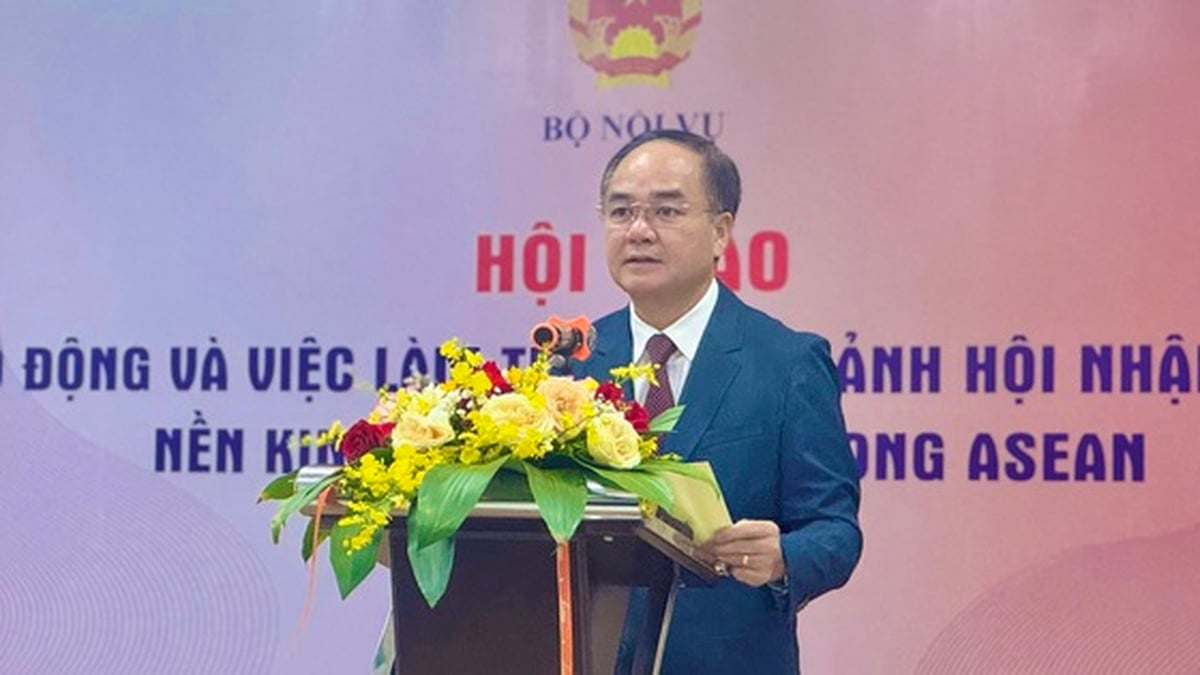
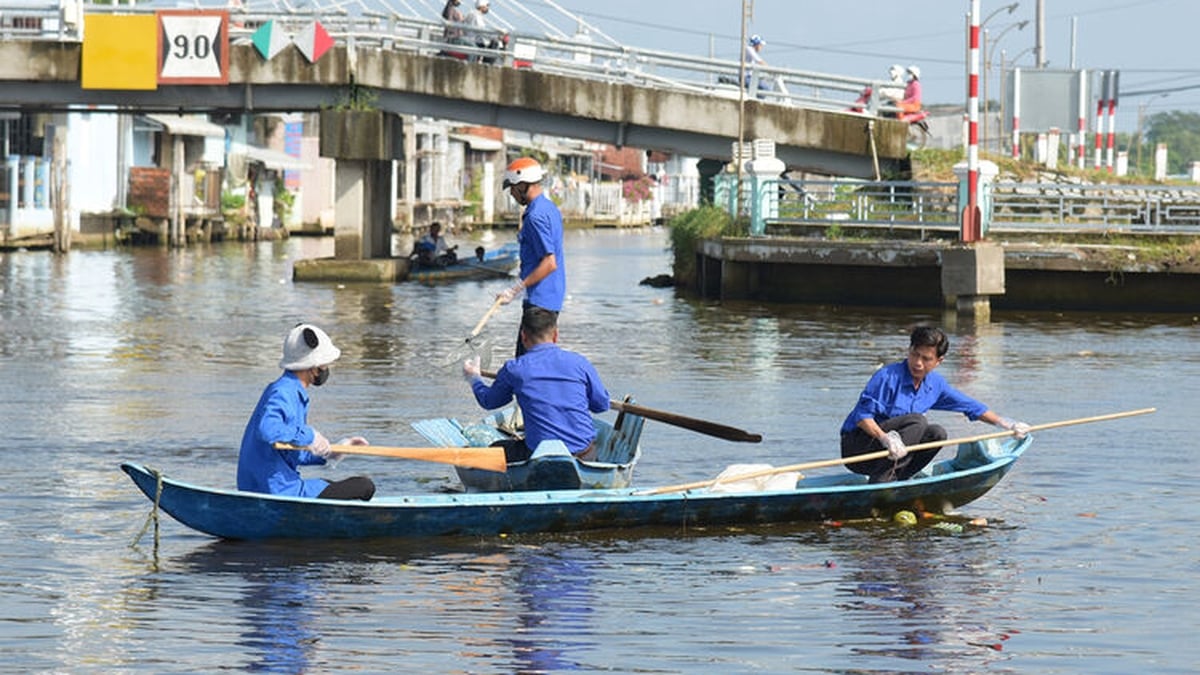
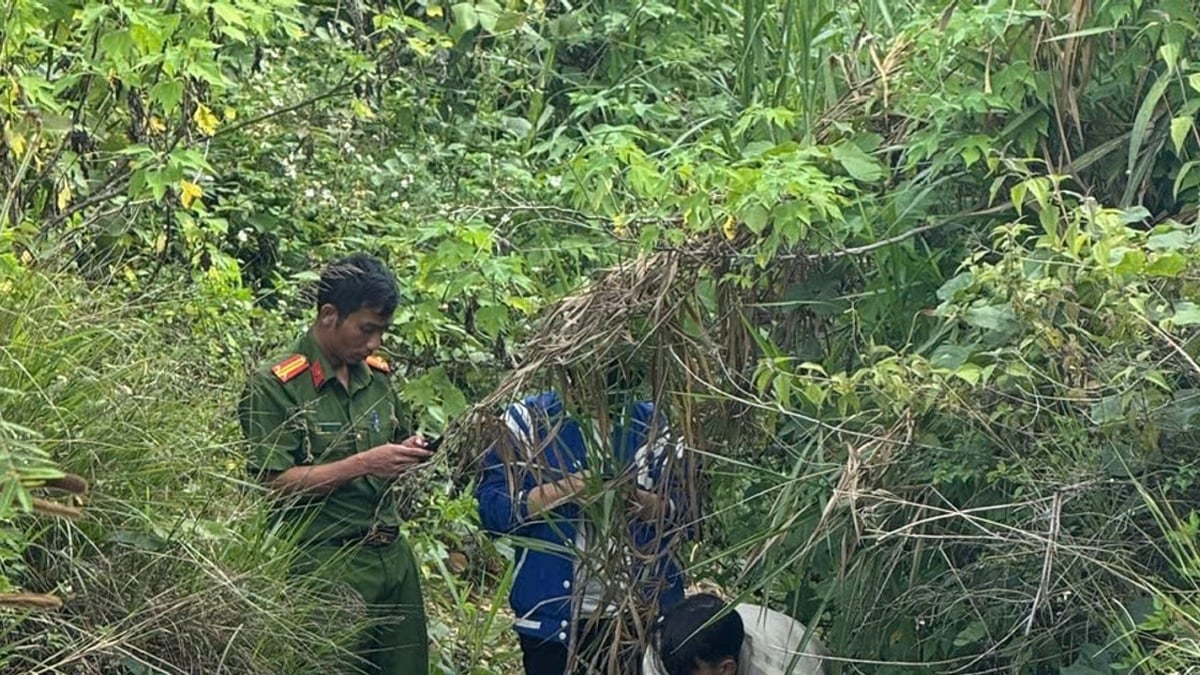










![[Photo] National Assembly Chairman attends the seminar "Building and operating an international financial center and recommendations for Vietnam"](https://vphoto.vietnam.vn/thumb/1200x675/vietnam/resource/IMAGE/2025/7/28/76393436936e457db31ec84433289f72)





































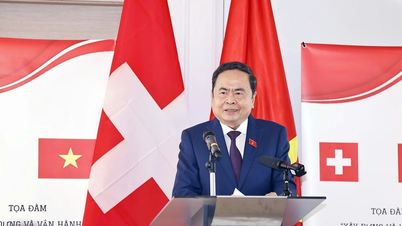






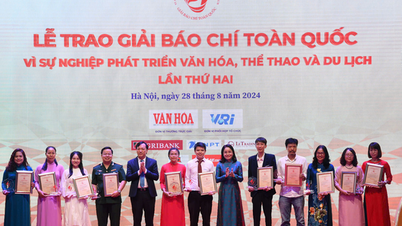






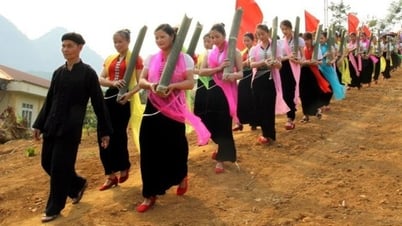





















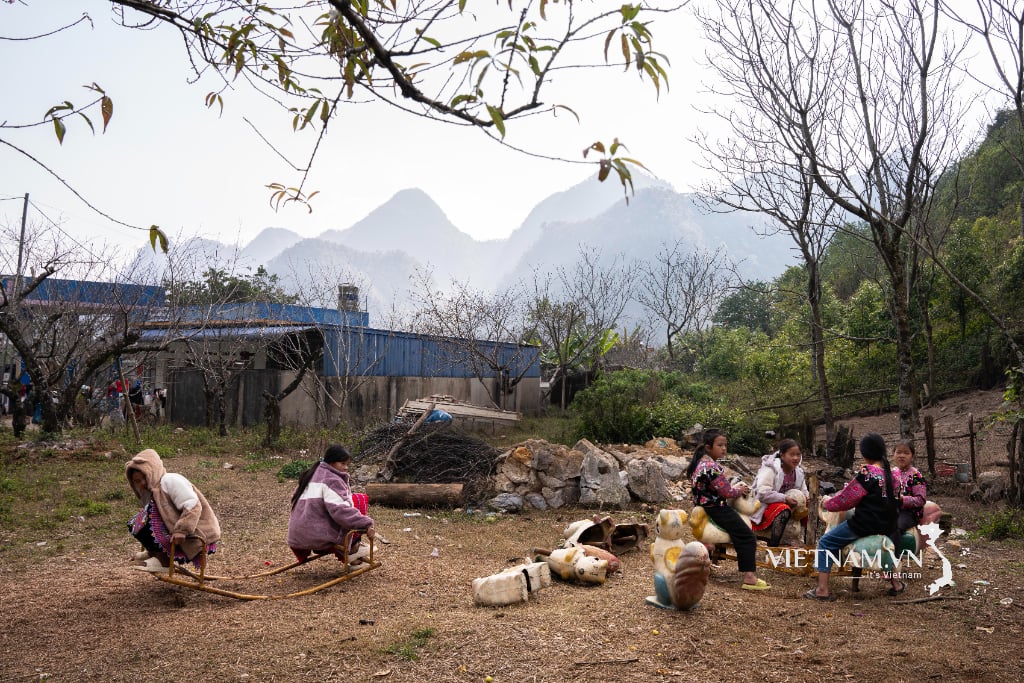
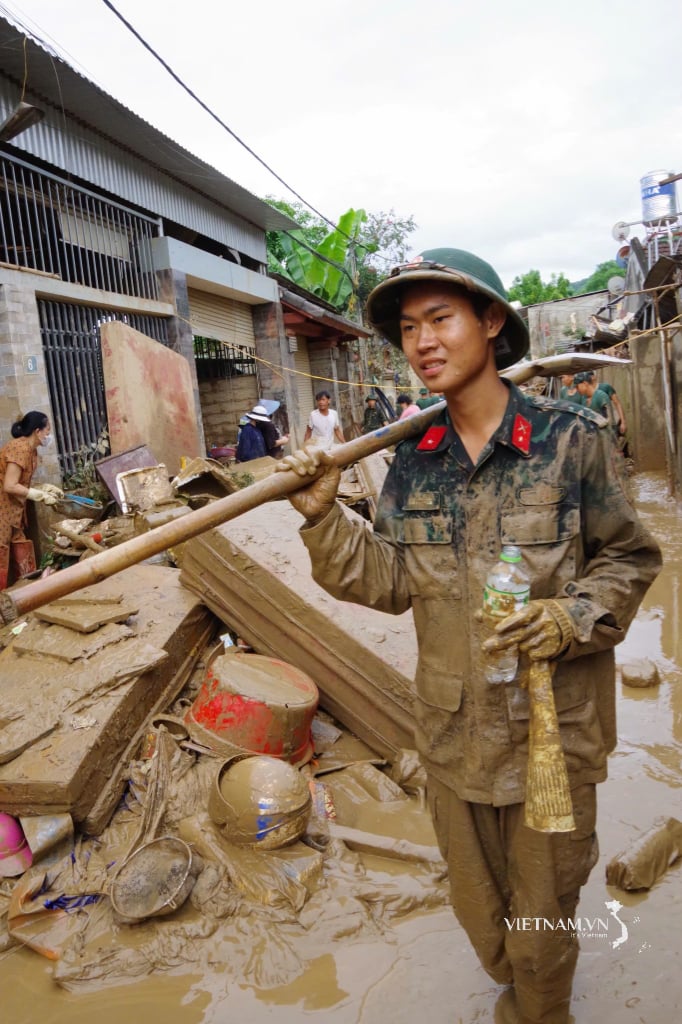


Comment (0)